

U.S., Chinese, and Russian overseas military bases have become an important element of geostrategic competition.
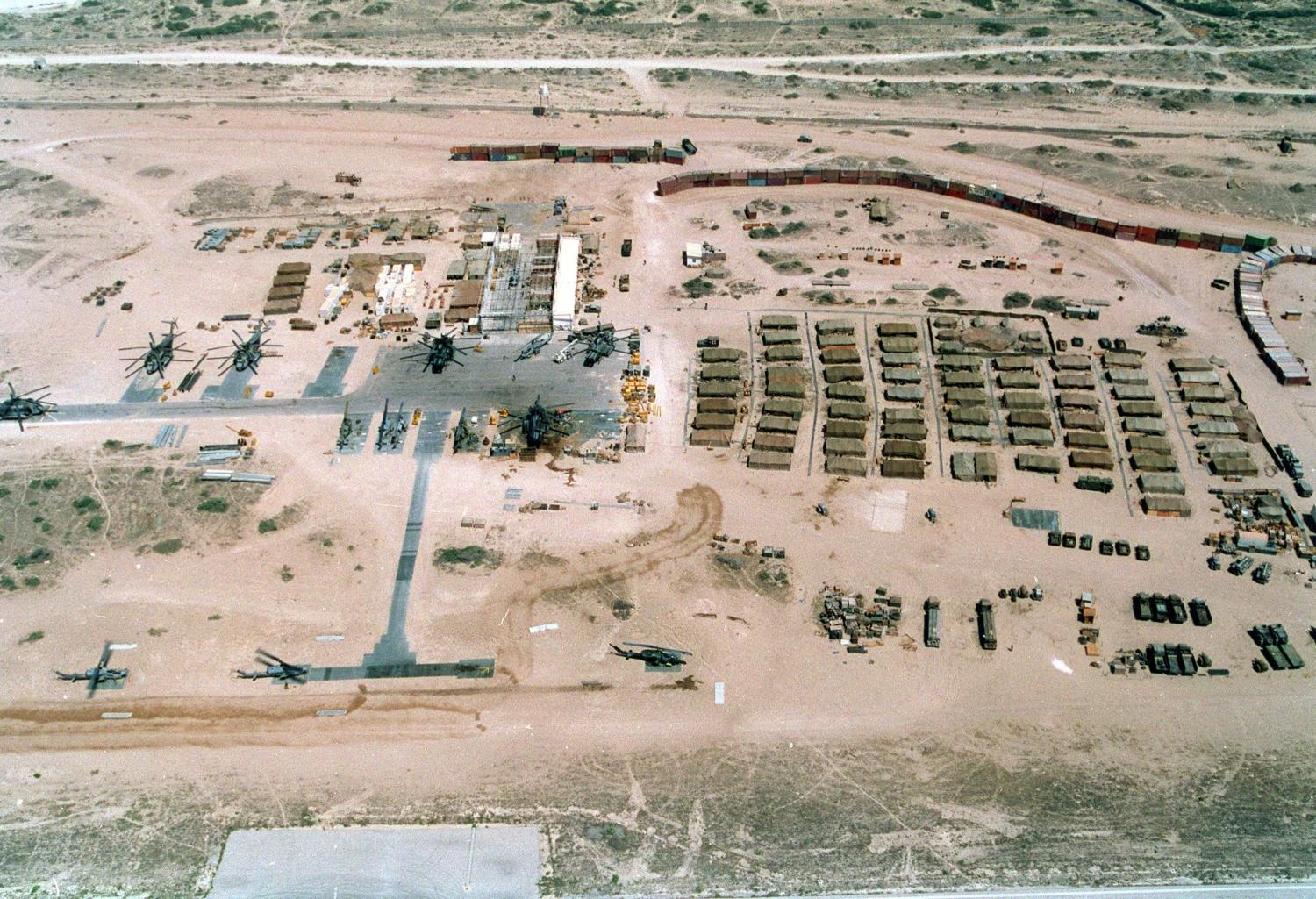
U.S., Chinese, and Russian overseas military bases have become an important element of geostrategic competition. In particular, the efforts of great powers to establish overseas bases reveal the geographic parameters of their intent to project power and influence. The varied concentrations of military presence and posture in different regions, and the wide functional differences between platforms used for power projection – from traditional bases to commercial ports – recommend a regional and comparative analysis of overseas basing.
To address the questions that arise regarding this issue, the Brookings Institution’s Center for East Asia Policy Studies with support from the Strobe Talbott Center for Security, Strategy, and Technology, hosted a project on “Geostrategic competition and U.S., Chinese, and Russian overseas basing.” The nine policy briefs produced from the project address the following points:

Authors: Michael E. O’Hanlon, Andrew Yeo
Although the DOD has been simultaneously criticized for being too ambitious or doing too little to address U.S. force posture, geostrategic competition with China dictates prudence in making any major changes to overseas basing in East Asia.
Related Content

Michael E. O’Hanlon, Andrew Yeo
February 8, 2023
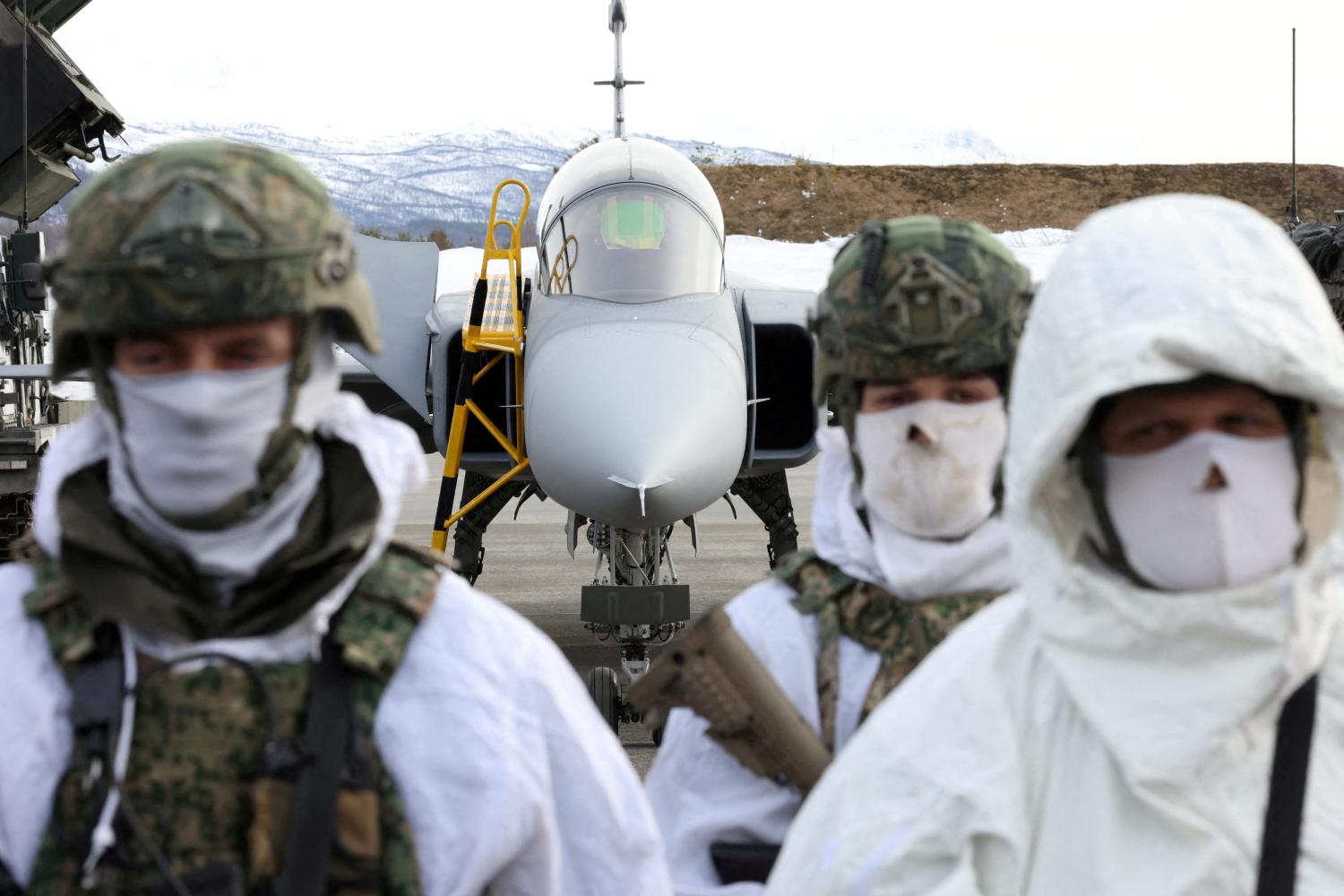
Authors: Jeremy Greenwood
The Arctic remains a sphere of geopolitical competition between the great powers, making basing arrangements a natural part of their strategic planning.
Related Content
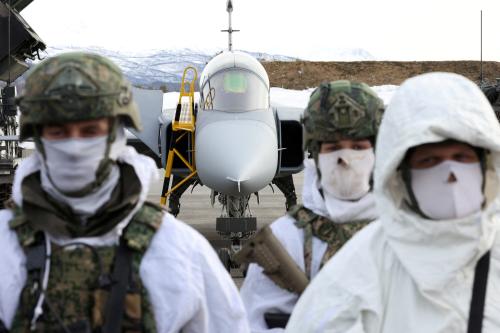
Jeremy Greenwood
February 8, 2023
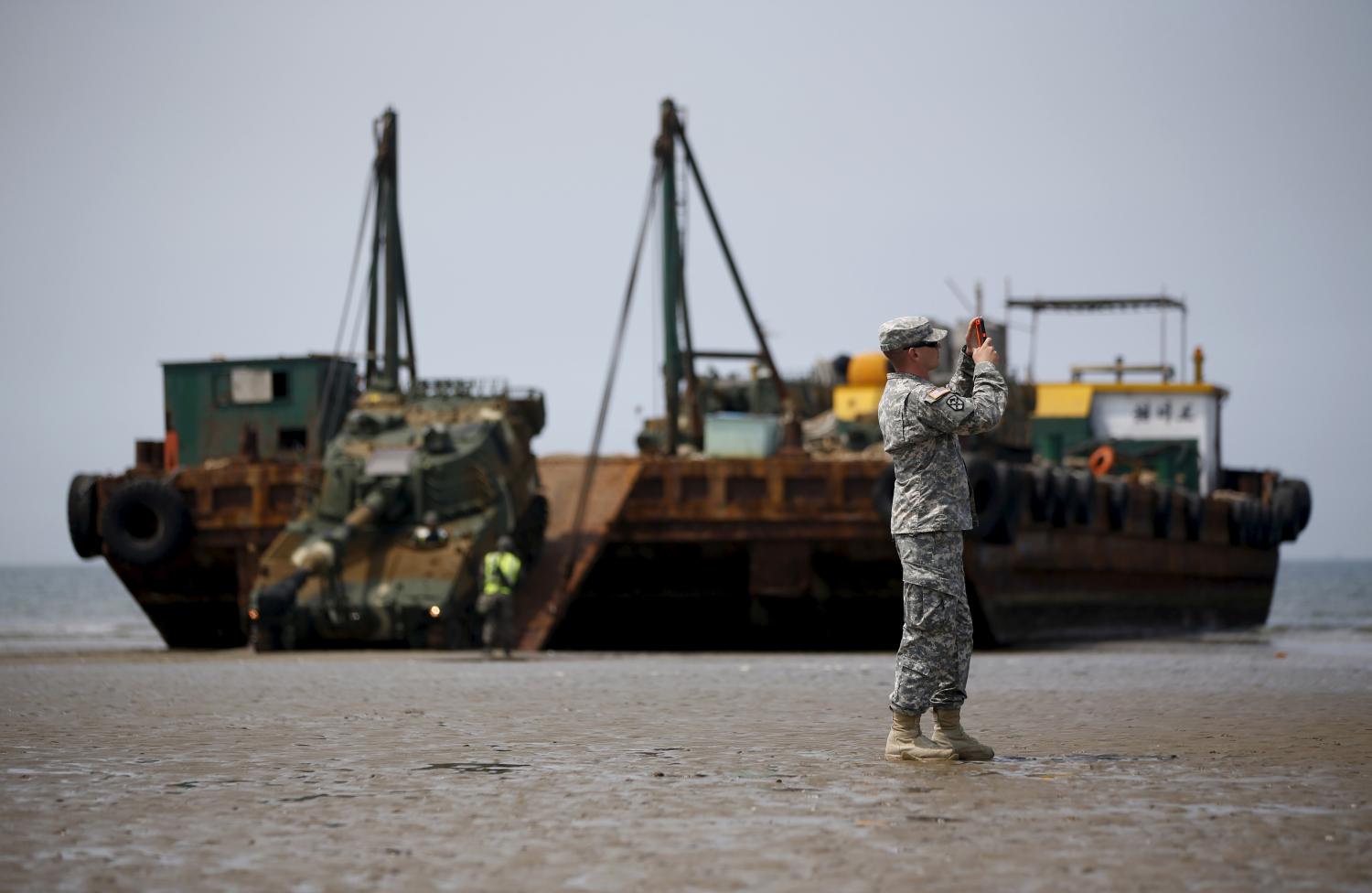
Authors: Jason Wolff
In the Middle East, sub-Sahara Africa, and the western Indian Ocean, meeting the National Security Strategy and National Defense Strategy objectives are at a crossroads.
Related Content
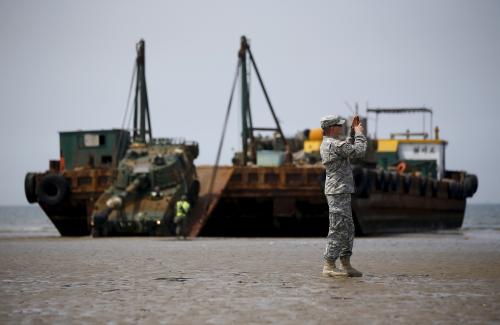
Jason Wolff
February 8, 2023
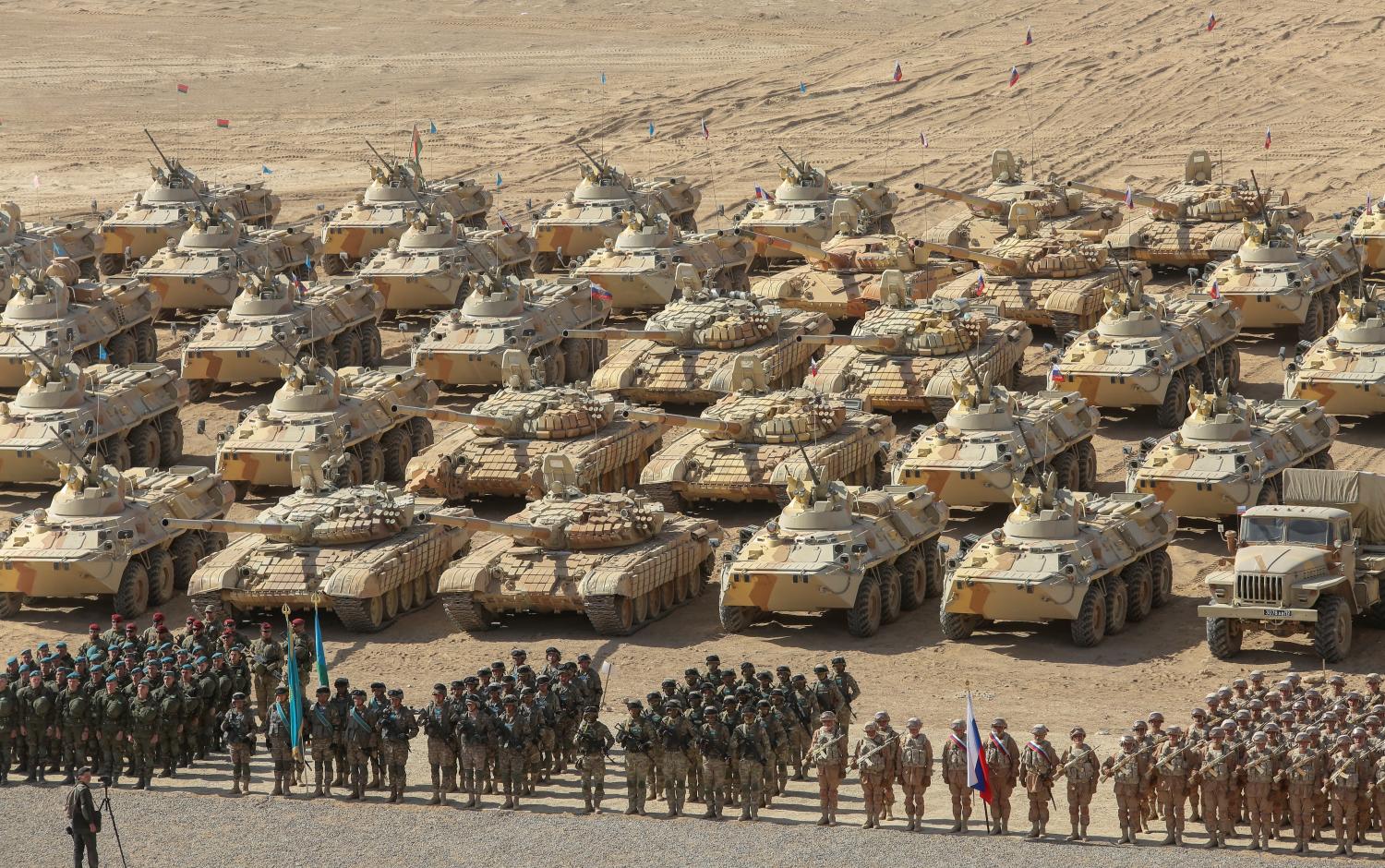
Authors: Alexander Cooley
In Central Asia, revisionist efforts are challenging regional U.S. leadership and undermining its capacity to establish overseas bases and access.
Related Content
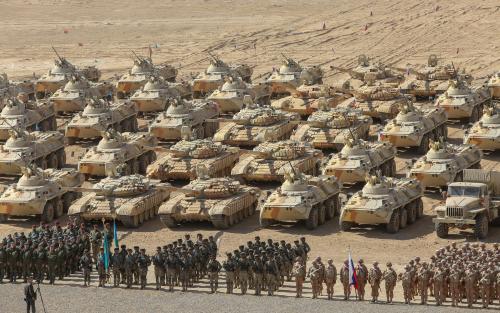
Alexander Cooley
February 8, 2023
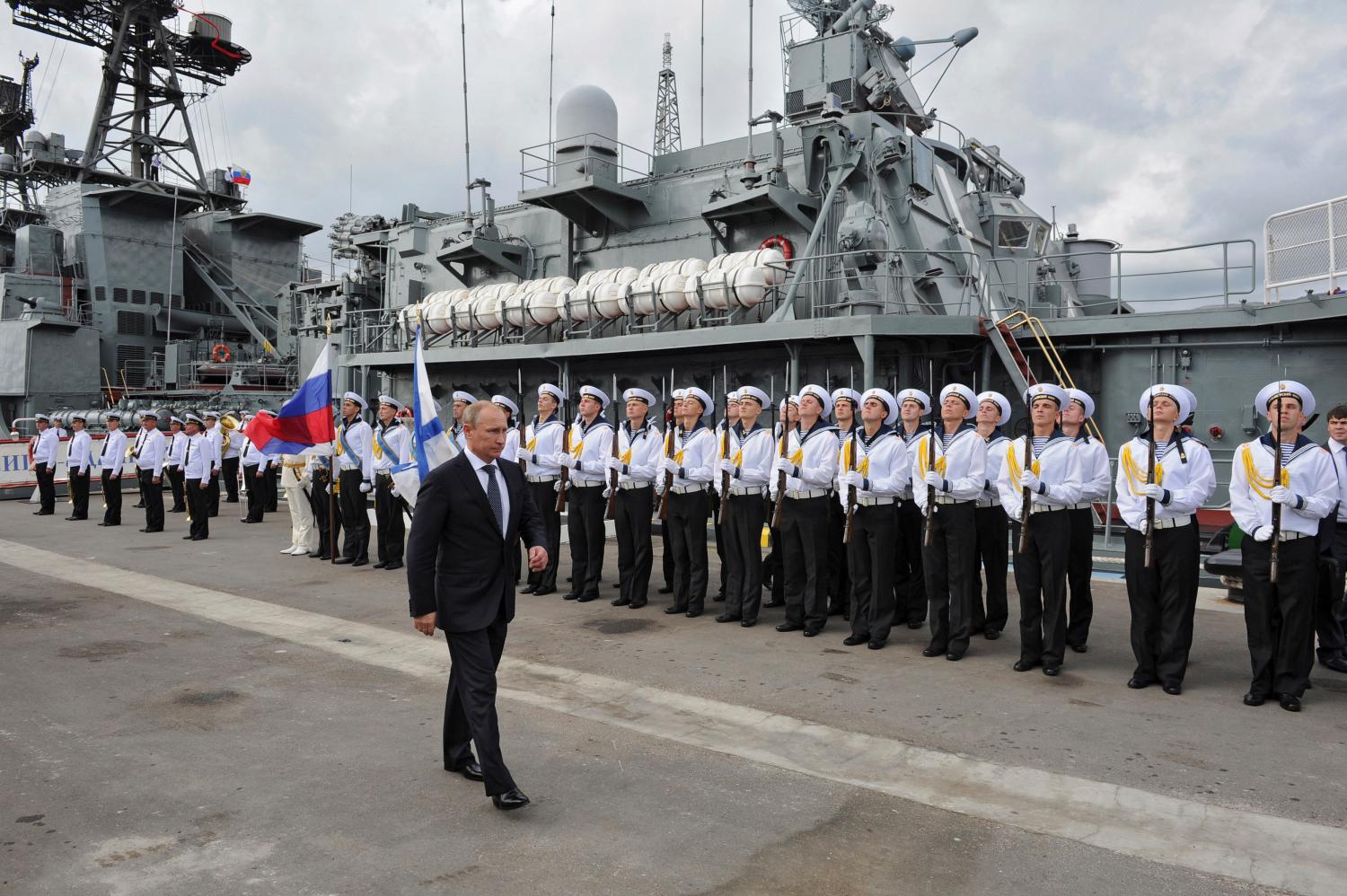
Authors: Geoffrey F. Gresh
Over the past decade, China and Russia have transformed Europe’s maritime security seascape through their military basing access and port investments across maritime Europe — from the Baltic and Black Seas to the Mediterranean.
Related Content
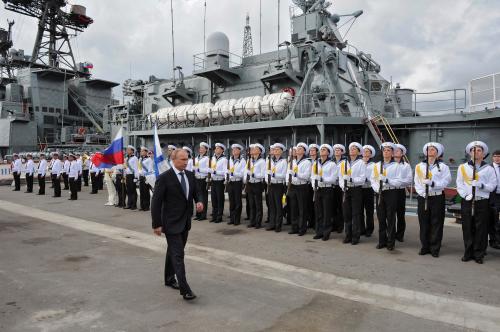
Geoffrey F. Gresh
February 8, 2023
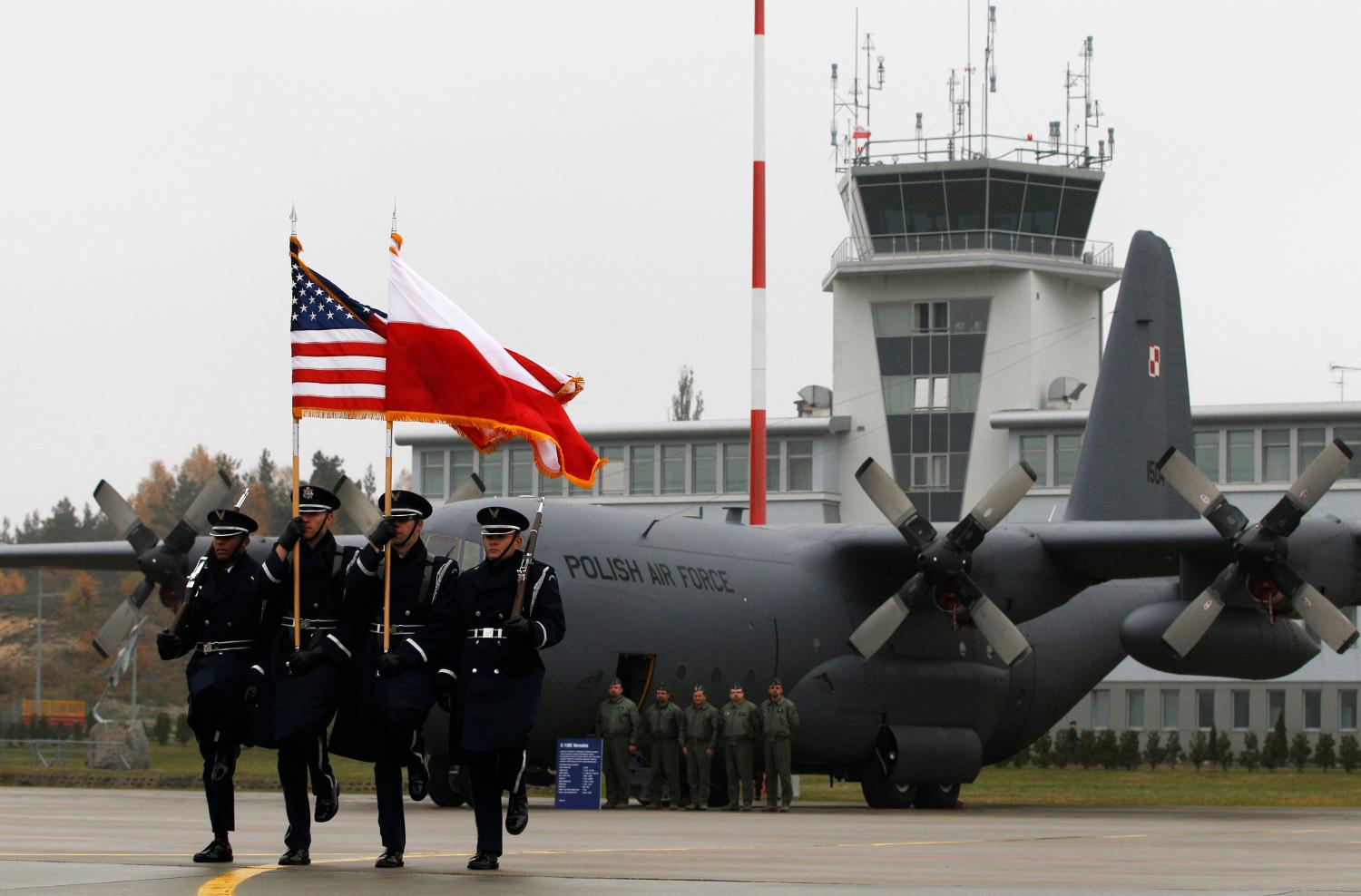
Authors: Emily J. Holland
Defending Europe and maintaining trans-Atlantic unity are critical tasks for Washington that will likely require greater sustained troop presence in Central and Eastern Europe, as well as careful alliance management.
Related Content
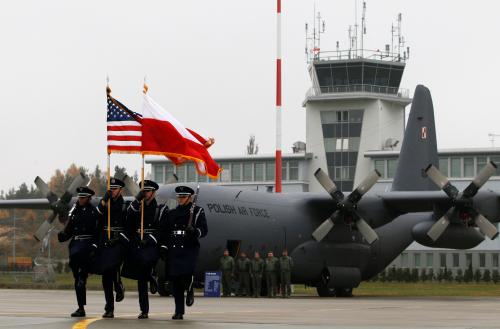
Emily J. Holland
February 8, 2023
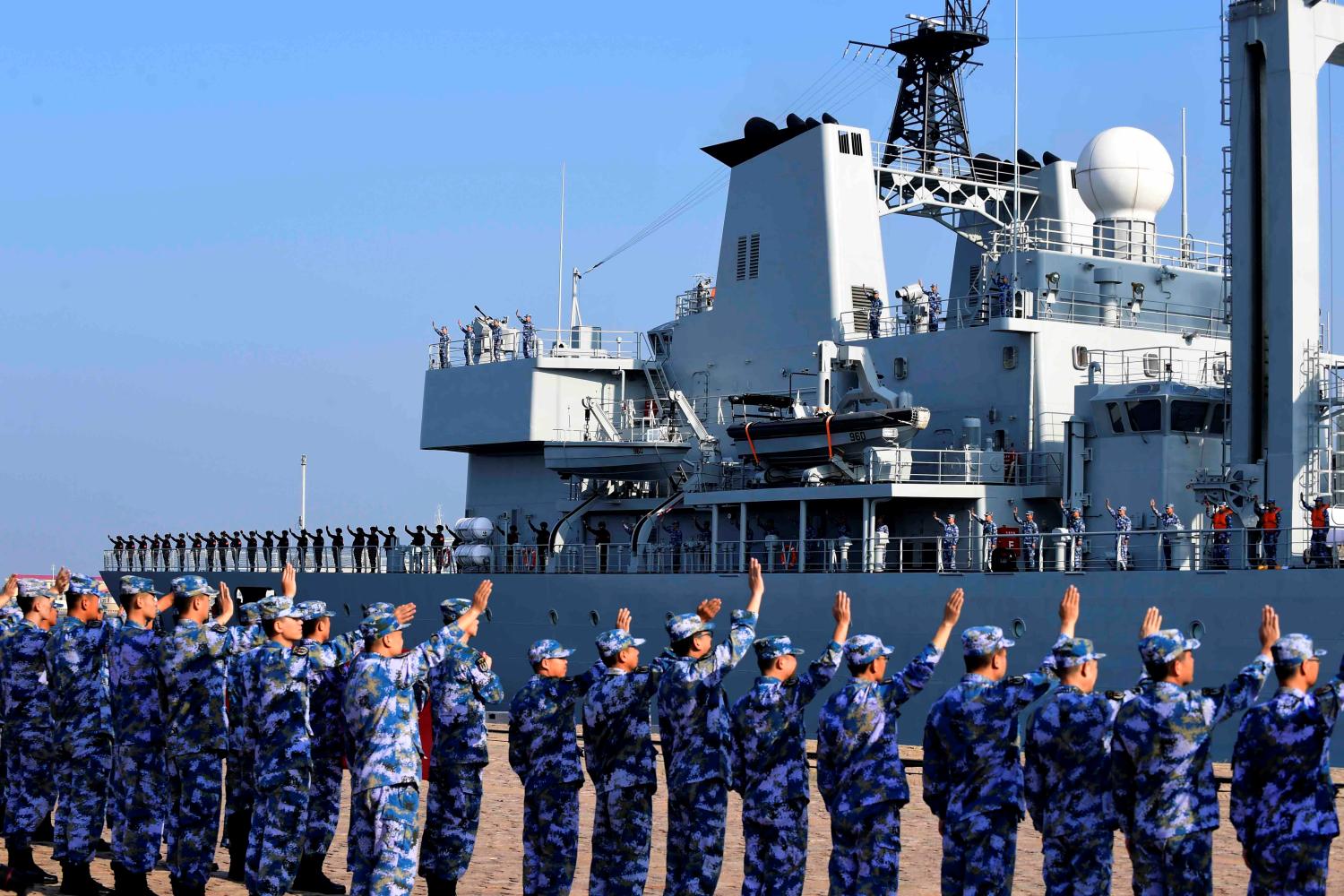
Authors: Isaac B. Kardon
Military basing and access across the Indian Ocean region is an important – and asymmetric – object of strategic competition in the contemporary international security environment.
Related Content
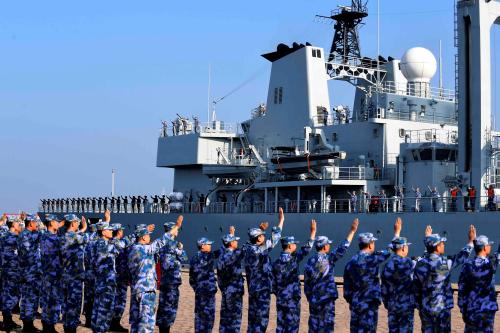
Isaac B. Kardon
February 8, 2023
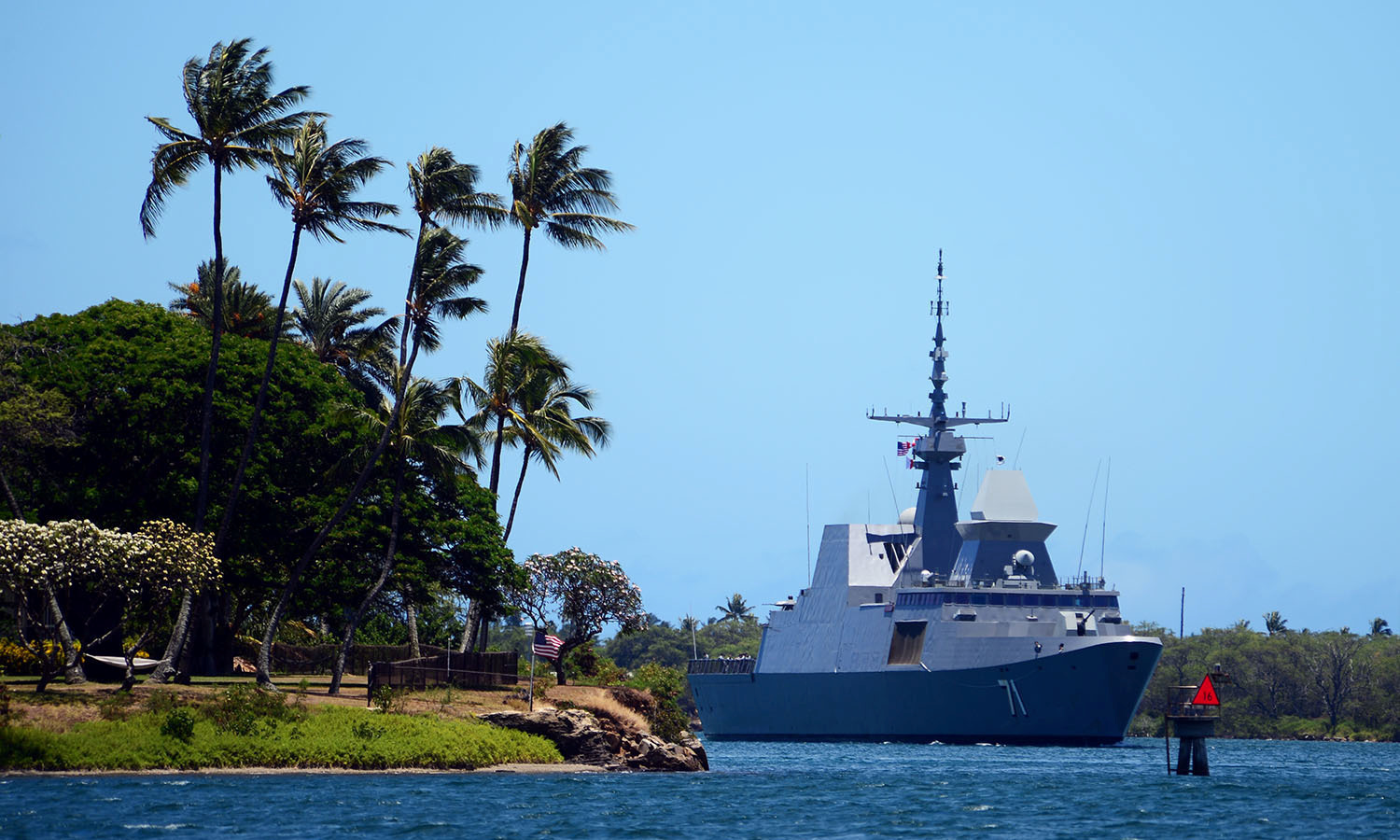
Authors: Bruce Jones
The Pacific island clusters of Melanesia, Micronesia, and Polynesia share a geopolitical reality: they lie in the main space that separates the world’s two biggest powers.
Related Content
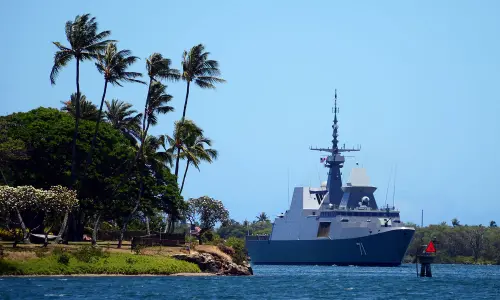
Bruce Jones
February 8, 2023
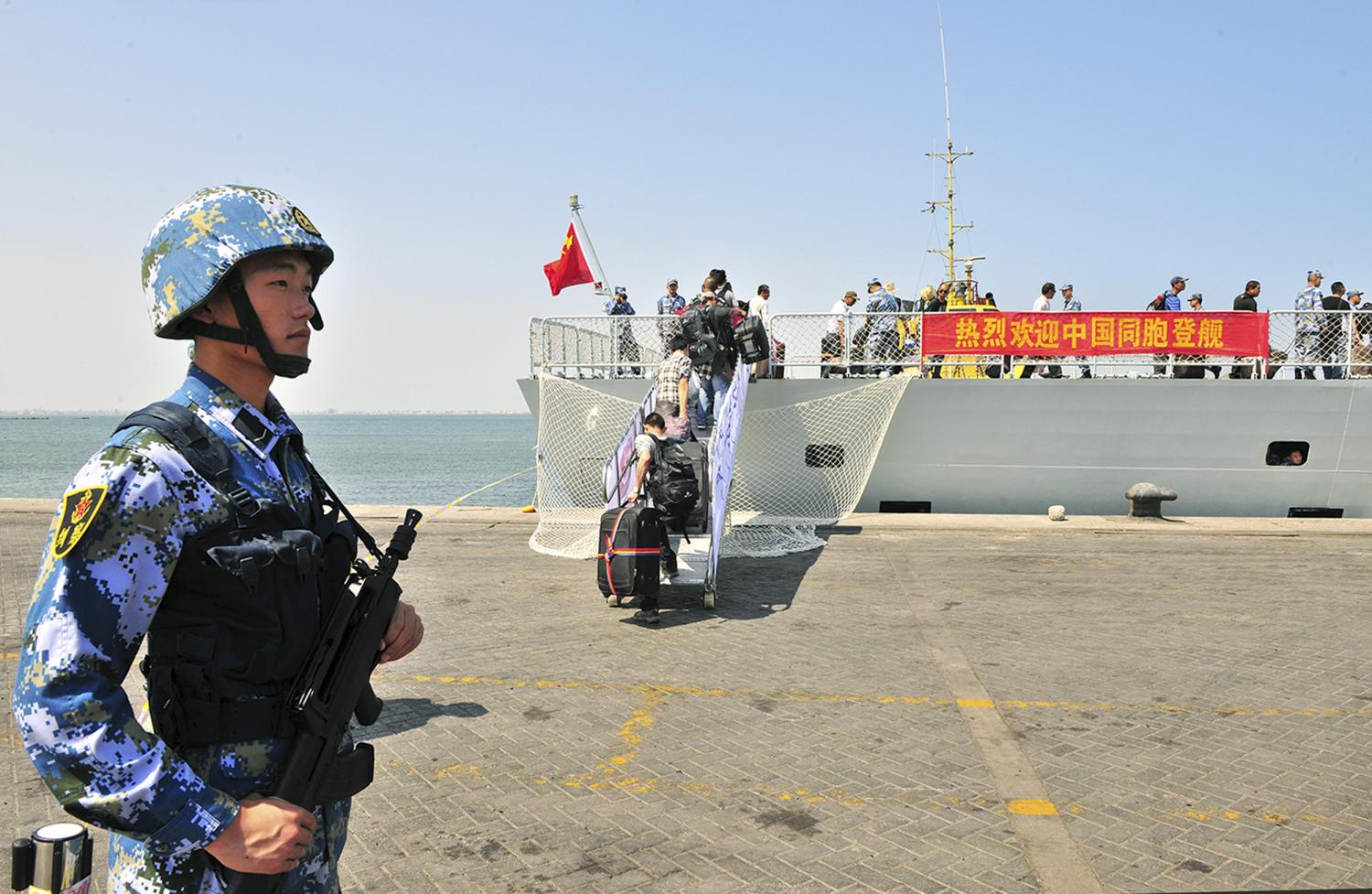
Authors: Dawn C. Murphy
In recent years, U.S. concerns about Chinese and Russian basing in sub-Saharan Africa have grown, largely owing to the two countries’ increased desire to project power and influence globally.
Related Content
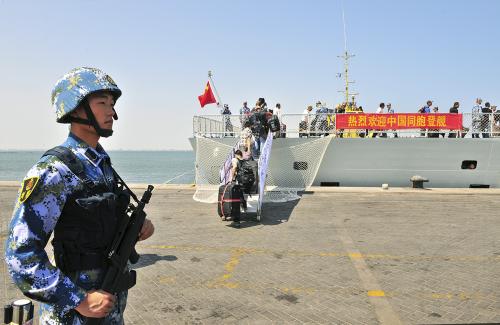
Dawn C. Murphy
February 8, 2023